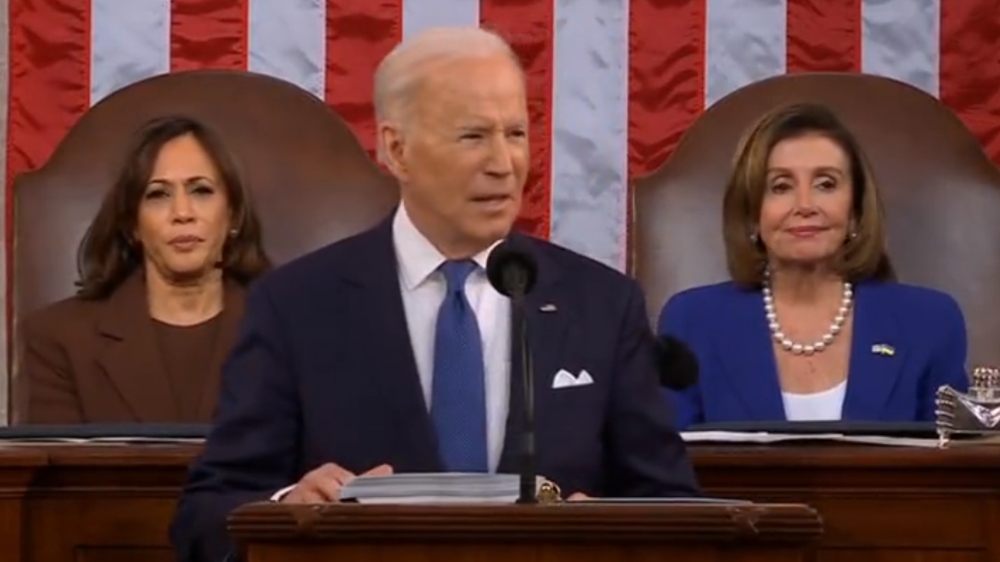GMO crops aren’t doing what they claim: Gold Rice project fails on its promises to fight Third World hunger
08/09/2016 / By Greg White

Golden Rise was praised on the 2000 cover of Time magazine as a genetically modified crop that could save millions of lives in impoverished countries. These promises proved short-sighted. According to a recent study from Washington University in St. Louis, MO., Golden Rice has failed to make due on its claims, regardless of public opposition to GMOs.
“Golden Rice is still not ready for the market, but we find little support for the common claim that environmental activists are responsible for stalling its introduction. GMO opponents have not been the problem,” said lead author of the study, Glenn Stone, professor of anthropology and environmental studies in Arts & Sciences, said in a press release.
False promises of a golden goose
Golden Rise has roots tracing back to the 1980s and has been the center piece for research since 1992. GMO proponents frequently reference it as a sufficient way to supply impoverished farmers in remote regions with crops that could provide vitamin A for local communities. Vitamin A deficiency is an issue in impoverished countries, which increases the risk for infection, disease, and even blindness.
GMO opponents argued the benefits of Golden Rice were exaggerated by biotech companies in order to obtain approval for GMO crops in general. GMO proponents, on the other hand, claimed anti-GMO activists like Greenpeace ought to be condemned for stymieing the production of Golden Rice, adding to the misery of those with a vitamin A deficiency.
According to a recent article in the journal Agriculture & Human Value, Stone and co-author Dominic Glover, a rice researcher at the Institute for Development Studies, found a dearth of evidence that GMO opponents were at fault for Golden Rice failing to make due on its promises.
“The rice simply has not been successful in test plots of the rice breeding institutes in the Philippines, where the leading research is being done. It has not even been submitted for approval to the regulatory agency, the Philippine Bureau of Plant Industry (BPI),” Stone said.
“A few months ago, the Philippine Supreme Court did issue a temporary suspension of GMO crop trials,” Stone said. “Depending on how long it lasts, the suspension could definitely impact GMO crop development. But it’s hard to blame the lack of success with Golden Rice on this recent action,” he added.
The price of rice
Although anti-GMO activists were responsible for decimating a Golden Rice test plot in a 2013 protest, it is improbable that this deed alone affected Golden Rice from being approved.
“Destroying test plots is a dubious way to express opposition, but this was only one small plot out of many plots in multiple locations over many years,” he said. “Moreover, they have been calling Golden Rice critics ‘murderers’ for over a decade.”
What is ironic is that Stone was open to the potential benefits of Golden Rice when it was first introduced. He was also in favor of creating a genetically modified strain of cassava, a woody shrub native to South America consumed by subsistence farmers throughout Africa. Nevertheless, attempts to create a strain of cassava that was more disease resistant have yet to come to fruition.
“Golden Rice was a promising idea backed by good intentions. In contrast to anti-GMO activists, I argued that it deserved a chance to succeed. But if we are actually interested in the welfare of poor children — instead of just fighting over GMOs — then we have to make unbiased assessments of possible solutions. The simple fact is that after 24 years of research and breeding, Golden Rice is still years away from being ready for release,” Stone noted.
Sources:
http://www.march-against-monsanto.com/genetically-modified-golden-rice-15-years-of-failure/
http://www.greenpeace.org/international/en/campaigns/agriculture/problem/Greenpeace-and-Golden-Rice/
Submit a correction >>
Tagged Under:
anti GMO activities, genetically modified crop, Goldren Rice
This article may contain statements that reflect the opinion of the author
RECENT NEWS & ARTICLES
COPYRIGHT © 2017 TWISTED.NEWS
All content posted on this site is protected under Free Speech. Twisted.news is not responsible for content written by contributing authors. The information on this site is provided for educational and entertainment purposes only. It is not intended as a substitute for professional advice of any kind. Twisted.news assumes no responsibility for the use or misuse of this material. All trademarks, registered trademarks and service marks mentioned on this site are the property of their respective owners.





















